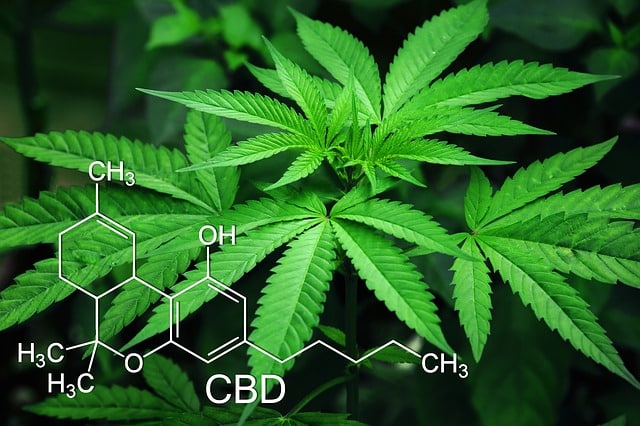
Testing for Marijuana at Work has become a hot topic as more states legalize its use. Many argue that marijuana is just like alcohol, pointing out that alcohol is a bigger problem and yet remains legal. Others claim that what an employee does on their own time shouldn’t matter. Some even dismiss concerns by saying they smoked in college and turned out fine. But does that mean employers should stop testing for marijuana?
While marijuana and alcohol may both create a temporary feeling of euphoria, their effects on the body and workplace safety are quite different. Alcohol’s presence in the blood or breath directly correlates with impairment, making it easier to regulate. However, THC—the active compound in marijuana—can linger in the system for days or even weeks, making it difficult to determine real-time impairment. This distinction is crucial for employers managing safety-sensitive positions and maintaining a productive work environment.
Alcohol’s presence in your blood or breath* is correlated with a user’s impairment. The same is not true for marijuana. That’s why police struggle with DUID (Driving Under the Influence of Drugs); there is no Breathalyzer equivalent for drugs.
No doubt about it, alcohol itself IS a big problem, and not just on the roads, but for families and in the workplace. Is it a bigger problem than pot? Sure. But it’s legal. And it exits your system within hours. Is a hangover impairment? I would argue yes, but if you blow a big zero on the Breathalyzer, the hooch is no longer in your system.
Marijuana, on the other hand, can show up in a urine test 30 days after last use. So, how do you test for impairment? You can’t.
Pot’s not addictive (?)
Yes it is. Marijuana is both psychologically and physically addictive. The White House Office of National Drug Control Policy cites a study that claims 1 in 11 marijuana users becomes dependent. Regular users who abstain for weeks at a time experience withdrawal symptoms. That’s addiction.
If you don’t believe me, see what this pro-marijuana site has to say about marijuana addiction.
C’mon. I smoked when I was younger and I’m fine. What’s the big deal?
This is not your grandma’s marijuana. It’s much more potent now. There are various studies out there, but most show approximately the following progression of THC potency:
Before 1980: 1%-3%. 1995: 4%. 2007: 7%. 2014: 15+% is not unheard of. And dabs can be as high at 90%!
Whatever the numbers, it’s stronger, impairs more and for longer periods, and it stays in they body longer.
What employees do on their own time is none of my business.
Fair enough, as long as it does not affect performance at work. Or course, marijuana is still illegal under federal law, and some employers take issue with that. Regardless, safety is the main concern for many employers. Consider a 1985 Stanford University study of airline pilots that involved pot and (thankfully) flight simulators. Pilots had trouble landing the planes 24 hours after marijuana use. And this was 1985 pot.
Would smoking pot 24 hours before a flight be a problem? You betcha. Same for operating any vehicle, fork lift, tool, or even a keyboard. It’s not just about coordination, but also about judgment and cognitive function.
So, can an employer choose not to test for marijuana? Sure. It’s a choice. You don’t have to test for anything. But if you choose not to test for pot, you might discuss it with your workers comp provider first.
*Breath alcohol devices are calibrated to generate a result equivalent to blood alcohol level.

